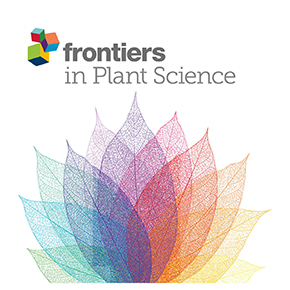
“Cannabis is one of the most important industrial crops distributed worldwide. However, the phylogeographic structure and domestication knowledge of this crop remains poorly understood.
In this study, sequence variations of five chloroplast DNA (cpDNA) regions were investigated to address these questions. For the 645 individuals from 52 Cannabis accessions sampled (25 wild populations and 27 domesticated populations or cultivars), three haplogroups (Haplogroup H, M, L) were identified and these lineages exhibited distinct high-middle-low latitudinal gradients distribution pattern.
This pattern can most likely be explained as a consequence of climatic heterogeneity and geographical isolation. Therefore, we examined the correlations between genetic distances and geographical distances, and tested whether the climatic factors are correlated with the cpDNA haplogroup frequencies of populations. The “isolation-by-distance” models were detected for the phylogeographic structure, and the day-length was found to be the most important factor (among 20 BioClim factors) that influenced the population structures.
Considering the distinctive phylogeographic structures and no reproductive isolation among members of these lineages, we recommend that Cannabis be recognized as a monotypic genus typified by Cannabis sativa L., containing three subspecies: subsp. sativa, subsp. Indica, and subsp. ruderalis. Within each haplogroup which possesses a relatively independent distribution region, the wild and domesticated populations shared the most common haplotypes, indicating that there are multiregional origins for the domesticated crop.
Contrast to the prevalent Central-Asia-Origin hypothesis of C. saltiva, molecular evidence reveals for the first time that the low latitude haplogroup (Haplogroup L) is the earliest divergent lineage, implying that Cannabis is probably originated in low latitude region.”
https://www.ncbi.nlm.nih.gov/pubmed/30627133
https://www.frontiersin.org/articles/10.3389/fpls.2018.01876/full
